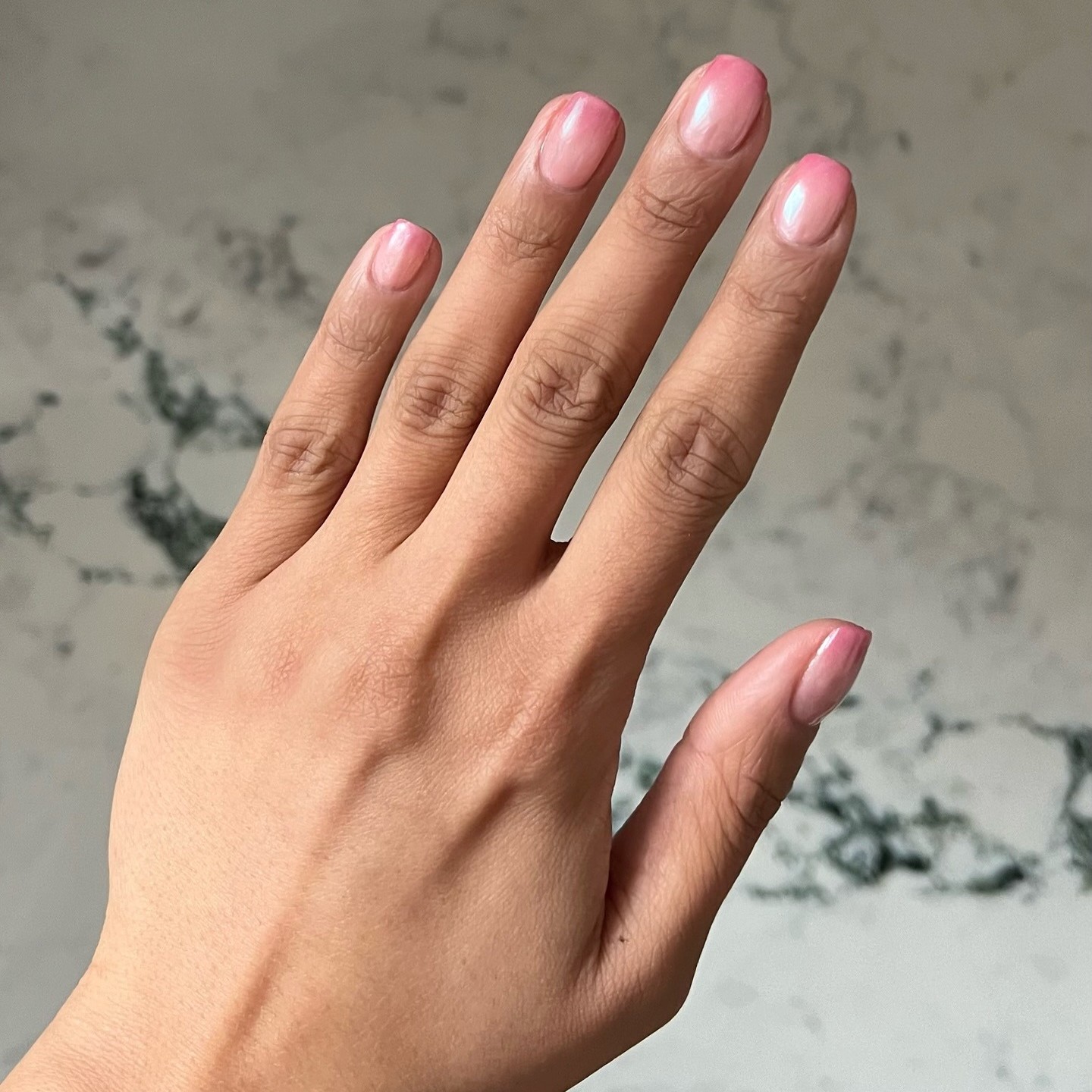Is Caffeine Really Bad for You? Here's the Truth

Raise your hand if you can't function without your morning cup of coffee (and multiple cups throughout the day. Yep, same. In fact, a majority of us can't say no to caffeine. A 2014 study found that 85% of the U.S. population consumes at least one caffeinated beverage per day, with an average intake of 180 mg a day (roughly about two cups of regular brewed coffee). And caffeine doesn't just equal coffee; it's also found in tea, caffeinated sodas, energy drinks, and even in dark chocolate.
If your hand is still up (or even if you consume caffeine from time to time), you might have wondered if your habit is good or bad. We spoke to some nutritionists who all said that in general caffeine isn't necessarily bad for you—it's when you start consuming high amounts that you might be putting your health in danger.
How high is too high? "Research shows that for most healthy people, consumption of up to 400mg of caffeine per day is safe," says Sarah Rueven, RD, MS, CDN, founder of Rooted Wellness. "This equates to about two to three cups of coffee. However, the caffeine content of coffee varies greatly depending on the source of the bean and preparation method." For someone with a mild habit, that sounds reasonable enough. But for someone with a more extreme consumption habit, well that's a different story.
To get back to basics, you might be wondering what exactly caffeine does to your body to help you stay alert when you're running on three hours of sleep. First off, how you're affected by caffeine can depend on age and genetics, which will determine how your body absorbs and metabolizes it.
"Caffeine enters the bloodstream and works as a stimulant as it binds to adenosine receptors in the brain," says Yasi Ansari, MS, RD, CSSD, a national spokesperson for the Academy of Nutrition and Dietetics. "Adenosine is a nervous system depressant. It promotes sleep controls and can affect memory and learning. When caffeine binds to these receptors, adenosine's effects are lessened and the body is instead stimulated; then it increases adrenaline, which gives the body a boost of energy!"
And energy isn't the only benefit of caffeine, the experts shared what you can feel good about when sipping your cup of joe (or tea):
The Pros of Caffeine
1. It Contains Antioxidants
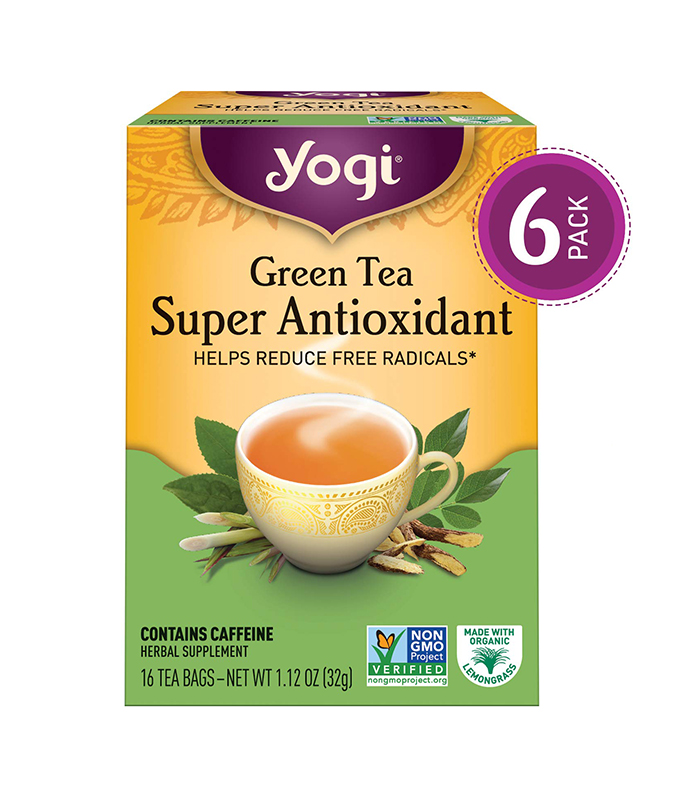
"Coffee and teas are both good sources of antioxidants, which reduce inflammation and risk for chronic disease by quenching free radicals in the body," says Rueven. In particular, green tea contains antioxidants (polyphenols) that have a variety of health benefits and can reduce chronic disease risk, Ansari adds.
2. It Can Decrease Your Risk of Dementia
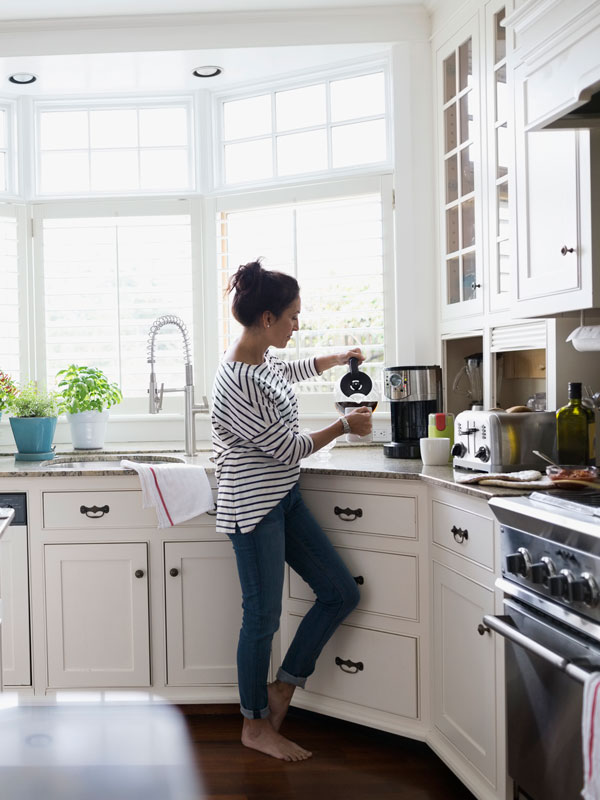
According to Ansari, "Studies also suggest an inverse relationship between caffeine consumption and Parkinson's and Alzheimer's disease risk." One study found that drinking three to five cups per day in mid-life was associated with a decreased risk of dementia and Alzheimer's; another study looked at the protective effect that caffeine had on Parkinson's risk—it was most effective in men.
3. Some Caffeine Has a Calming Effect
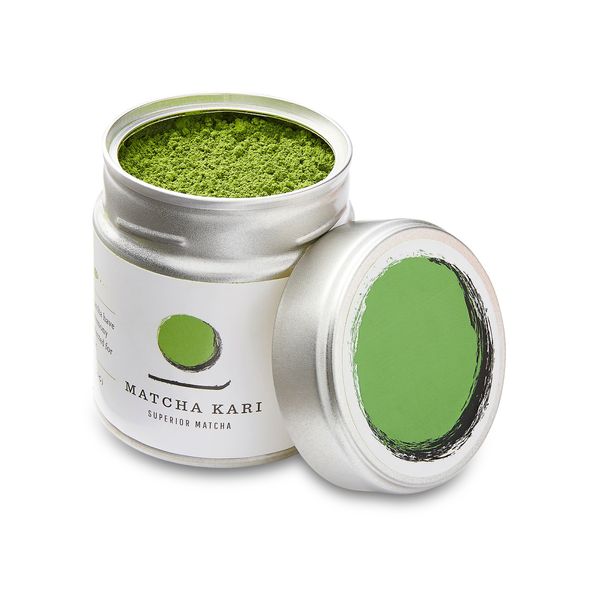
Here's another win for green tea. Rueven says matcha contains L-theanine, an amino acid that has a calming effect and also boosts mood and performance. Try switching to matcha if a cup of coffee leaves your feeling too jittery or anxious. And another plus for green tea? "EGCG is a powerful compound found in green tea that helps protect the immune system by promoting the activation of cytokines, which are our body's leading defense cells."
4. It Can Improve Athletic Performance
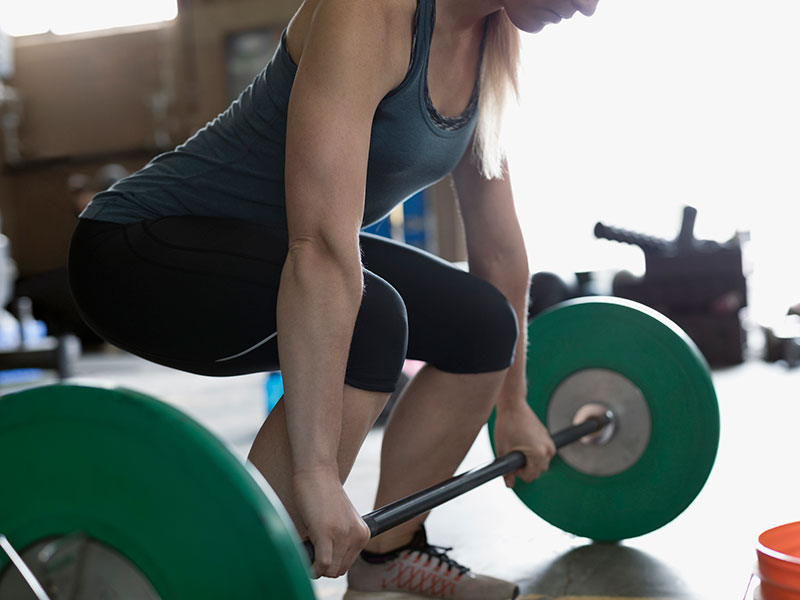
"Caffeine stimulates the nervous system, which signals adipocytes (fat cells) to break down fat," says Amy Shapiro, MS, RD, CDN, founder and director of Real Nutrition. "Thus, free fatty acids are available to act as fuel. Caffeine increases the epinephrine in the blood, our flight or fight hormone, which prepares us for physical exertion."
5. It Can Decrease the Risk for Some Diseases
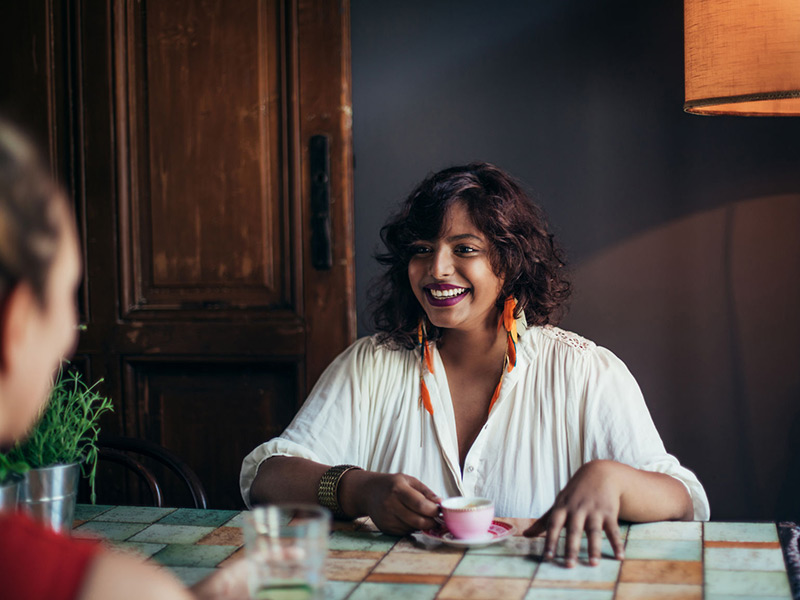
Ansari says that some studies have found links between moderate coffee consumption (less than three to four cups) and a decreased risk of certain cancers, type 2 diabetes, and cardiovascular disease. While more research needs to be done on why there is a correlation between the two, some of it can be attributed to the antioxidants in coffee and tea.
The Cons of Caffeine
1. Too Much Can Lead to Symptoms
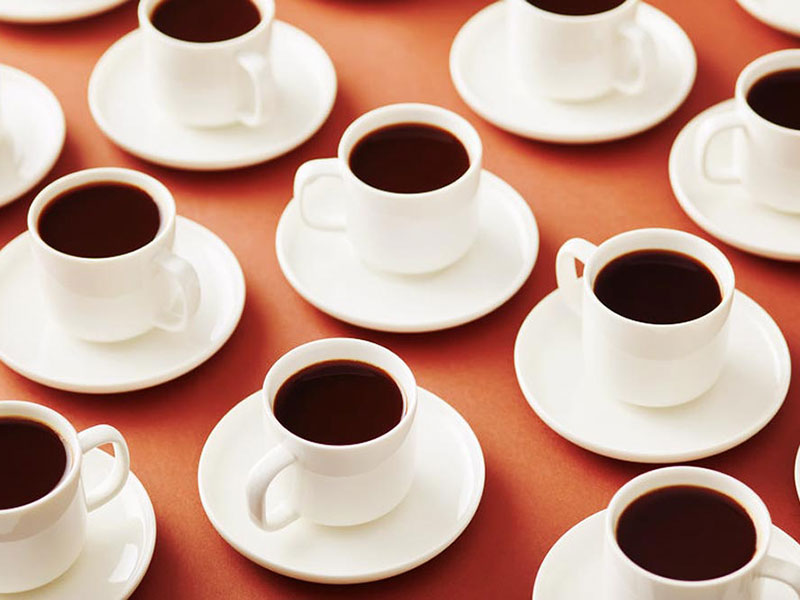
According to the FDA, over-consuming caffeine can cause side effects or symptoms such as insomnia, jitters, anxiousness, fast heart rate, upset stomach, nausea, headache, and a feeling of unhappiness (dysphoria).
2. Be Careful With Energy Drinks
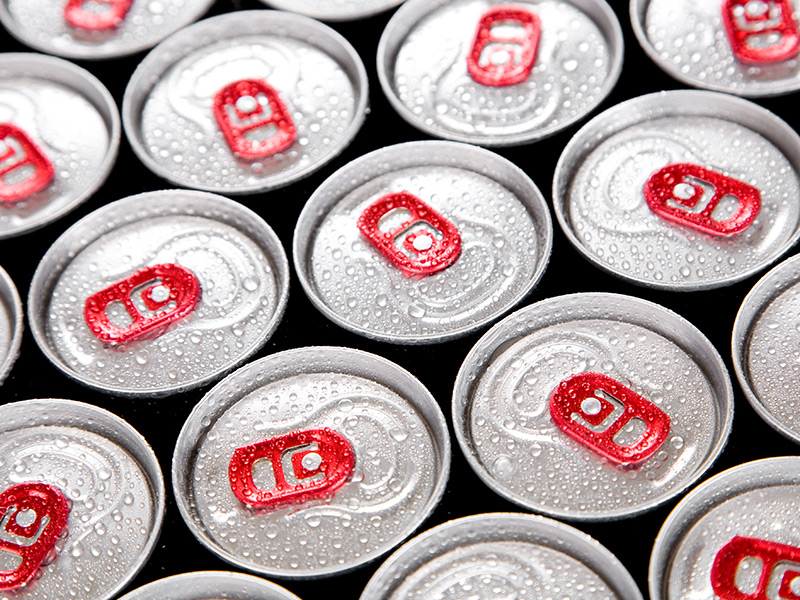
These aren't recommended. "Energy drinks are often high in sugar and empty calories and full of chemicals and dyes, which can be harmful to your health," Rueven says. "They have been linked to heart problems like high blood pressure."
3. Take Caffeine Pills With Caution
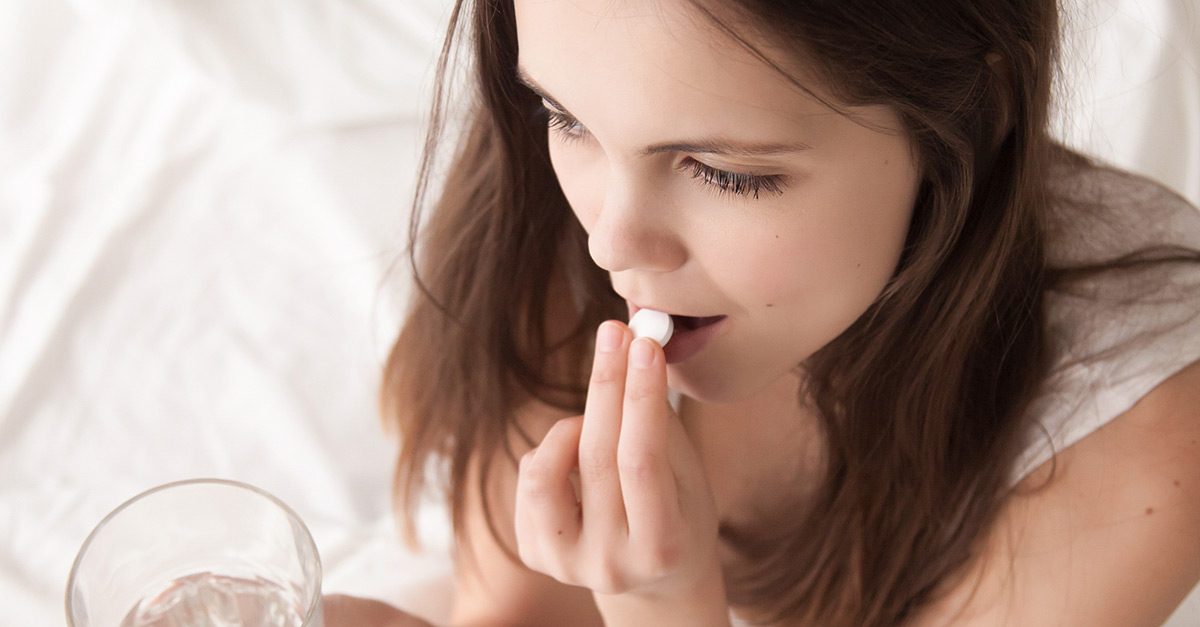
You'll want to talk to your doctor about caffeine pills, but for the most part, you should take them carefully. "If taking caffeine pills, I encourage clients to be cautious as these can be dangerous in high doses," Ansari says. "They contain a much more concentrated amount of caffeine in one dose compared to sipping on a cup of coffee." The pills can increase anxiety and heart rate, and cause dizziness.
4. Be Aware If You Have a Condition
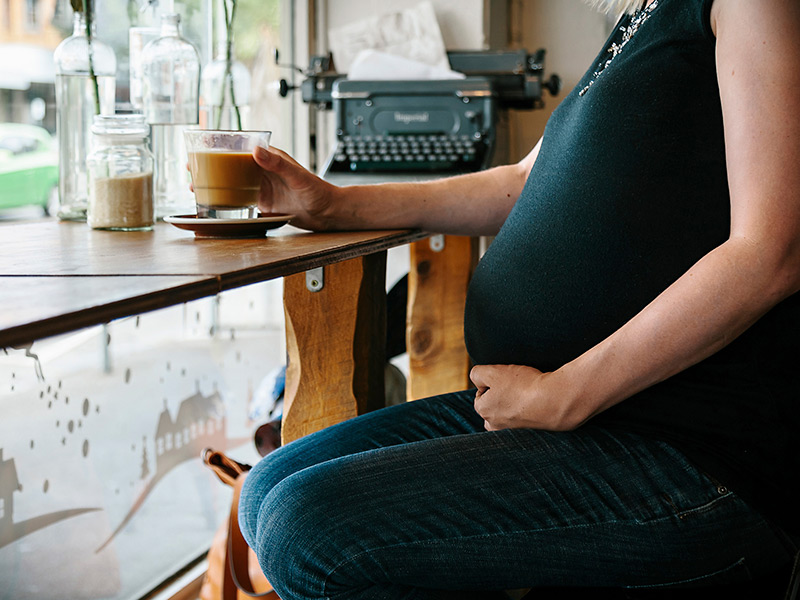
Caffeine can be bad for sleep and cardiovascular function if you have a condition. "Those with a history of a heart condition, those at risk of or who have a mental illness, pregnant and lactating women (as it can be passed through the umbilical cord to the fetus and can be present in breast milk), children, adolescents and young children may be more vulnerable to the negative effects of caffeine," Ansari says. The American Congress of Obstetricians and Gynecologists recommend pregnant women consume no more than 200 mg a day of caffeine. The American Academy of Pediatrics suggests that children under the age of 12 consume no caffeine, and for children over 12, their caffeine intake should fall in the range of no more than 85 to 100 mg a day.
Rueven says if you have a history of high blood pressure or heart disease, you should talk to your doctor about your intake as caffeine can temporarily increase your blood pressure.
5. Some Caffeine Products Can Be Filled with Sugar

"Coffee and teas can easily go from an antioxidant-rich beverage with nutritional benefits to a sugar and calorie bomb with the addition of heavy creamers and sugar," Rueven says. She recommends adding a splash of regular milk or an unsweetened dairy alternative. And if you like adding sugar or artificial sweetener, try to wean yourself off slowly by gradually decreasing the amount of sugar you add.
If you want to add something, Rueven suggests collagen: "Adding collagen to coffee is a great way to get in some added protein first thing in the morning. I also like adding cinnamon to coffee because it can help stabilize blood sugar levels and keep cravings at bay throughout the day."
The Types of Caffeine You Should Consume
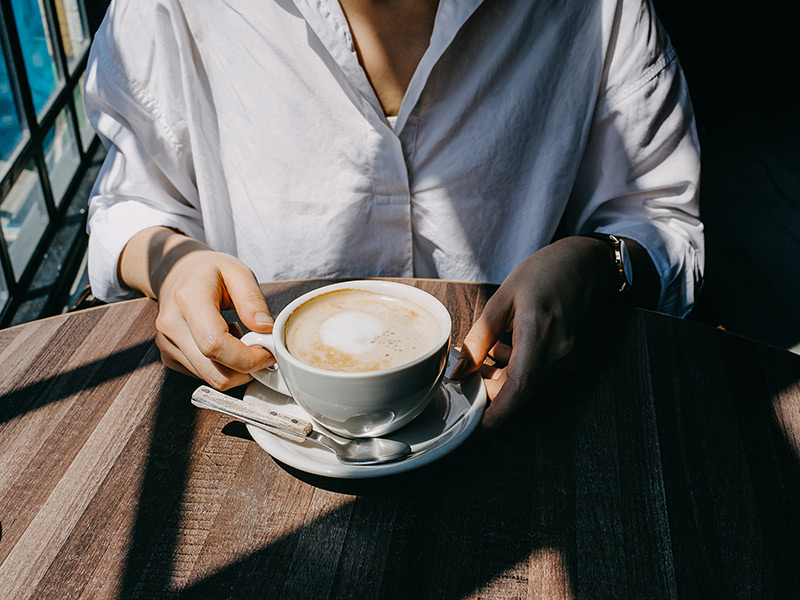
Aside from energy drinks and caffeine pills (which aren't really recommended), there's no form of caffeine that is worse or better. It all depends on personal preference since caffeine affects everyone differently. Shapiro suggests being aware of how you feel after drinking a cup of coffee or tea to gauge your tolerance level. A cup of coffee contains more caffeine than tea, and tea is less acidic than coffee, which might be helpful for people with a sensitive stomach.
Ultimately, though, it's up to you to decide your tolerance, risk factors, and caffeine preferences.
Next up: 26 Products to Try If You Want to Take Your Cup of Coffee to the Next Level
This story was published at an earlier date and has been recently updated.
Disclaimer
This article is provided for informational purposes only and is not intended to be used in the place of advice of your physician or other medical professionals. You should always consult with your doctor or healthcare provider first with any health-related questions.
Sarah is lifestyle writer and editor with over 10 years of experience covering health and wellness, interior design, food, beauty, and tech. Born and raised in Los Angeles, she attended New York University and lived in New York for 12 years before returning to L.A. in 2019. In addition to her work at Who What Wear, she held editor roles at Apartment Therapy, Real Simple, House Beautiful, Elle Decor, and The Bump (sister site of The Knot). She has a passion for health and wellness, but she especially loves writing about mental health. Her self-care routine consists of five things: a good workout, “me” time on the regular, an intriguing book/podcast/playlist to unwind after a long day, naps, and decorating her home.
-
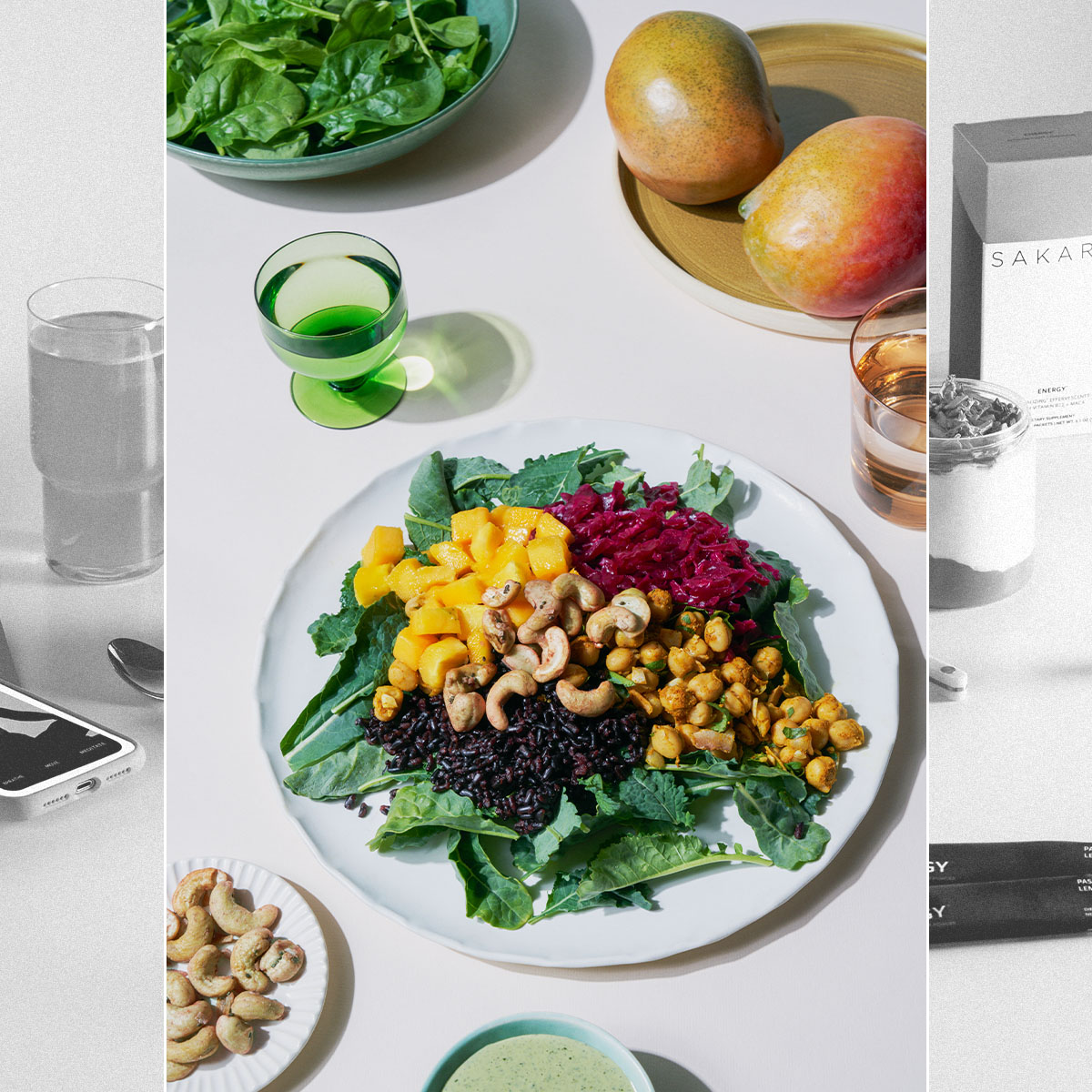 Bella Hadid and Gwyneth Paltrow Apparently Love Sakara Life, so We Tried It for 30 Days
Bella Hadid and Gwyneth Paltrow Apparently Love Sakara Life, so We Tried It for 30 DaysHere are our honest thoughts.
By Erin Jahns
-
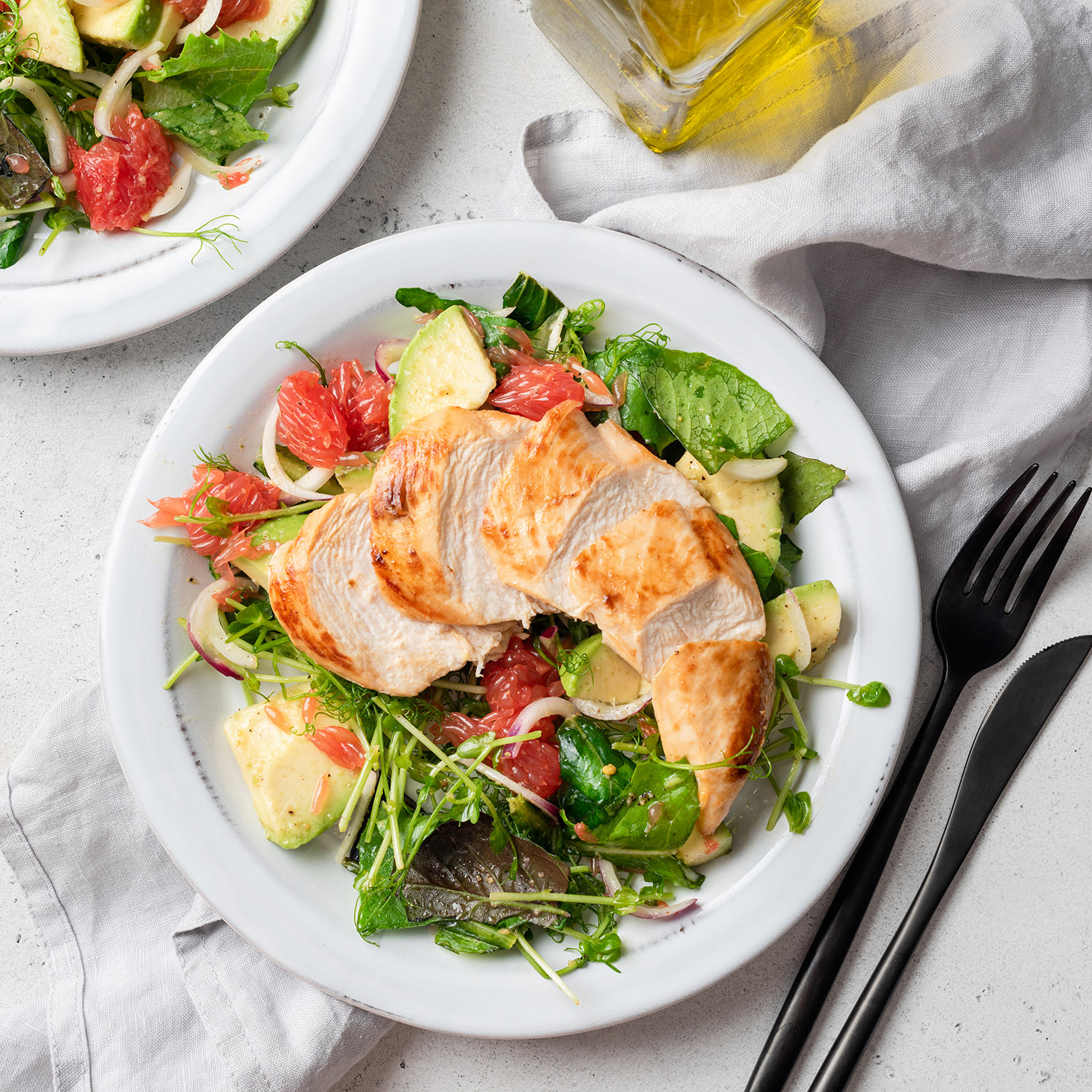 The 6 Warning Signs You're Not Getting Enough Protein
The 6 Warning Signs You're Not Getting Enough ProteinAnd what to eat to up your intake.
By Sarah Yang
-
 Everything This Professional Ballet Dancer Eats to Fuel Her for Performances
Everything This Professional Ballet Dancer Eats to Fuel Her for PerformancesHer grocery staples include high-quality French butter.
By Candice Aman
-
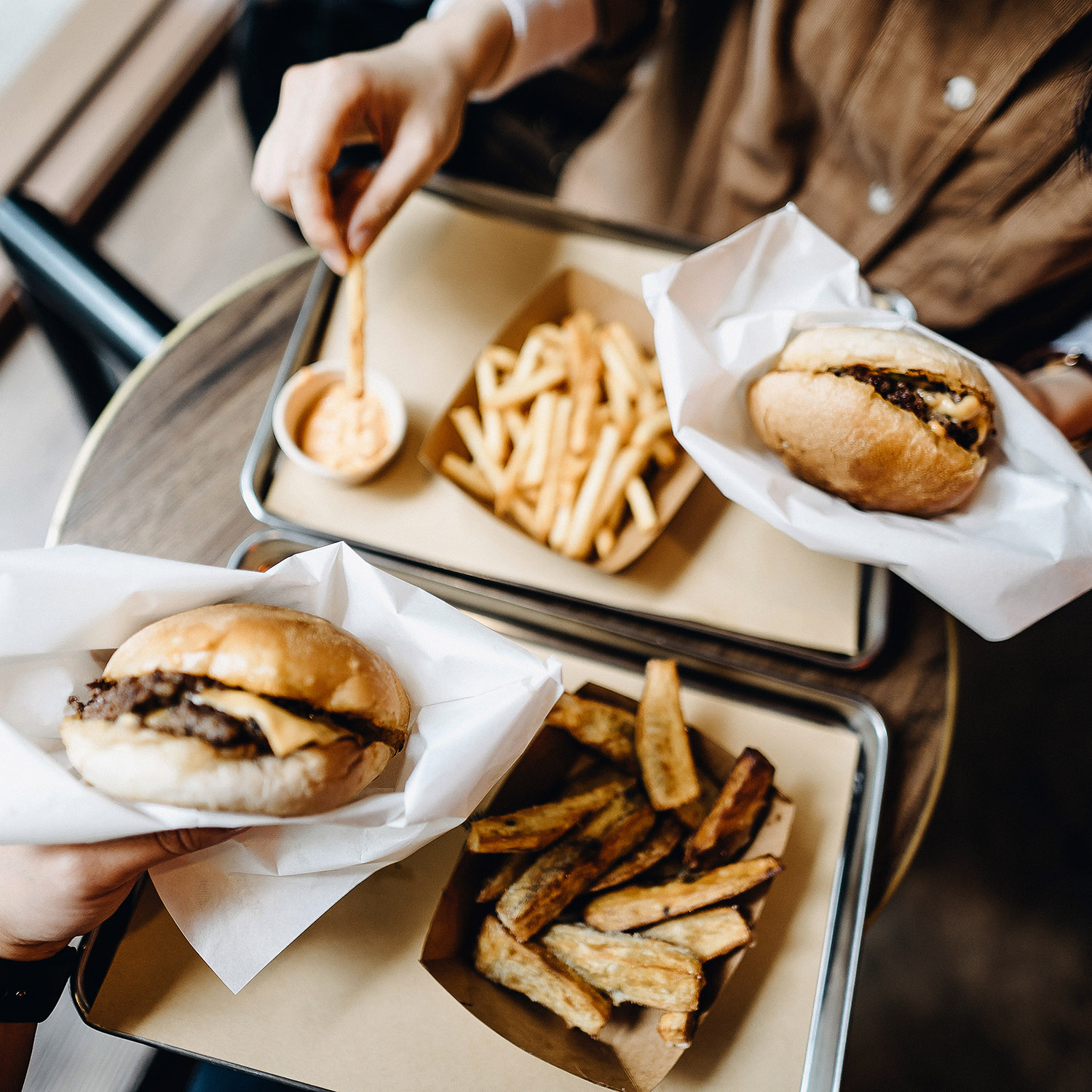 These 8 Foods Are the Worst for Rosacea—Here's What to Eat Instead
These 8 Foods Are the Worst for Rosacea—Here's What to Eat InsteadControl those flare-ups.
By Sarah Yang
-
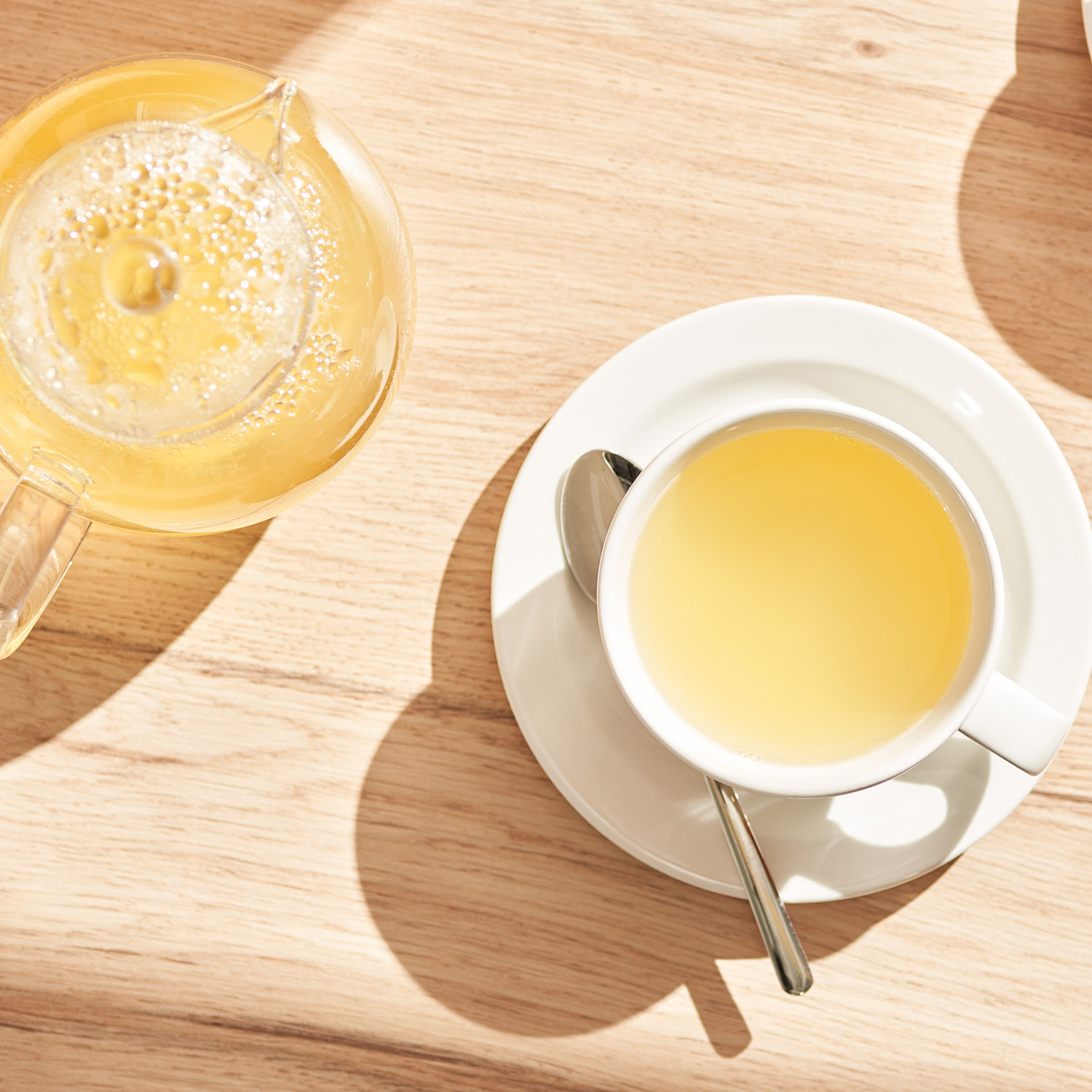 15 Things That Cause Bloating and How to Get Rid of It ASAP
15 Things That Cause Bloating and How to Get Rid of It ASAPTry these.
By Sarah Yang
-
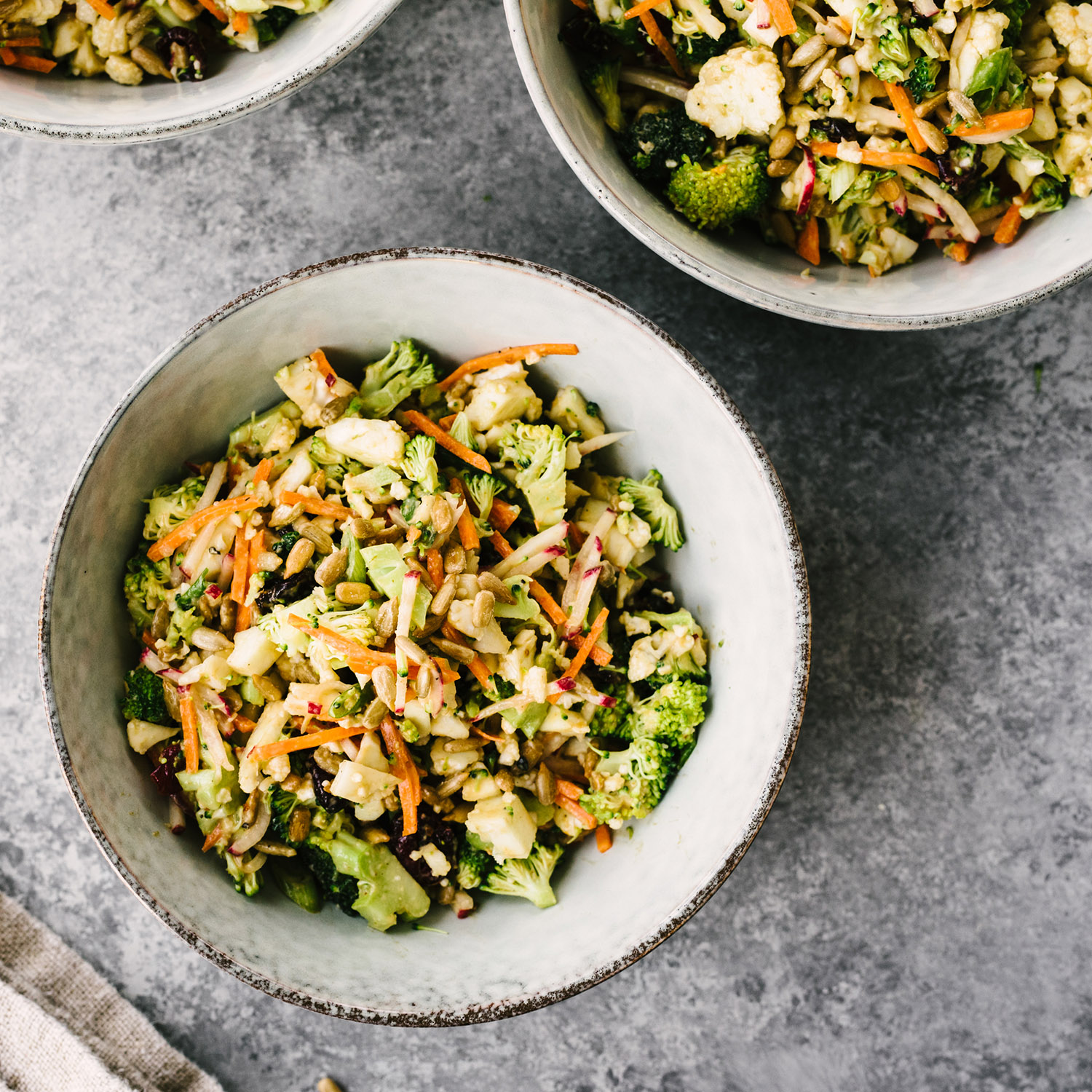 Is the Alkaline Diet Overhyped? What Experts Want You to Know
Is the Alkaline Diet Overhyped? What Experts Want You to KnowHere's how it works.
By Sarah Yang
-
 I'm an Imperfect Dietitian and My Key to Eating Healthy Meals Is Convenience
I'm an Imperfect Dietitian and My Key to Eating Healthy Meals Is ConvenienceTake a peek at my weekly grocery staples.
By Candice Aman
-
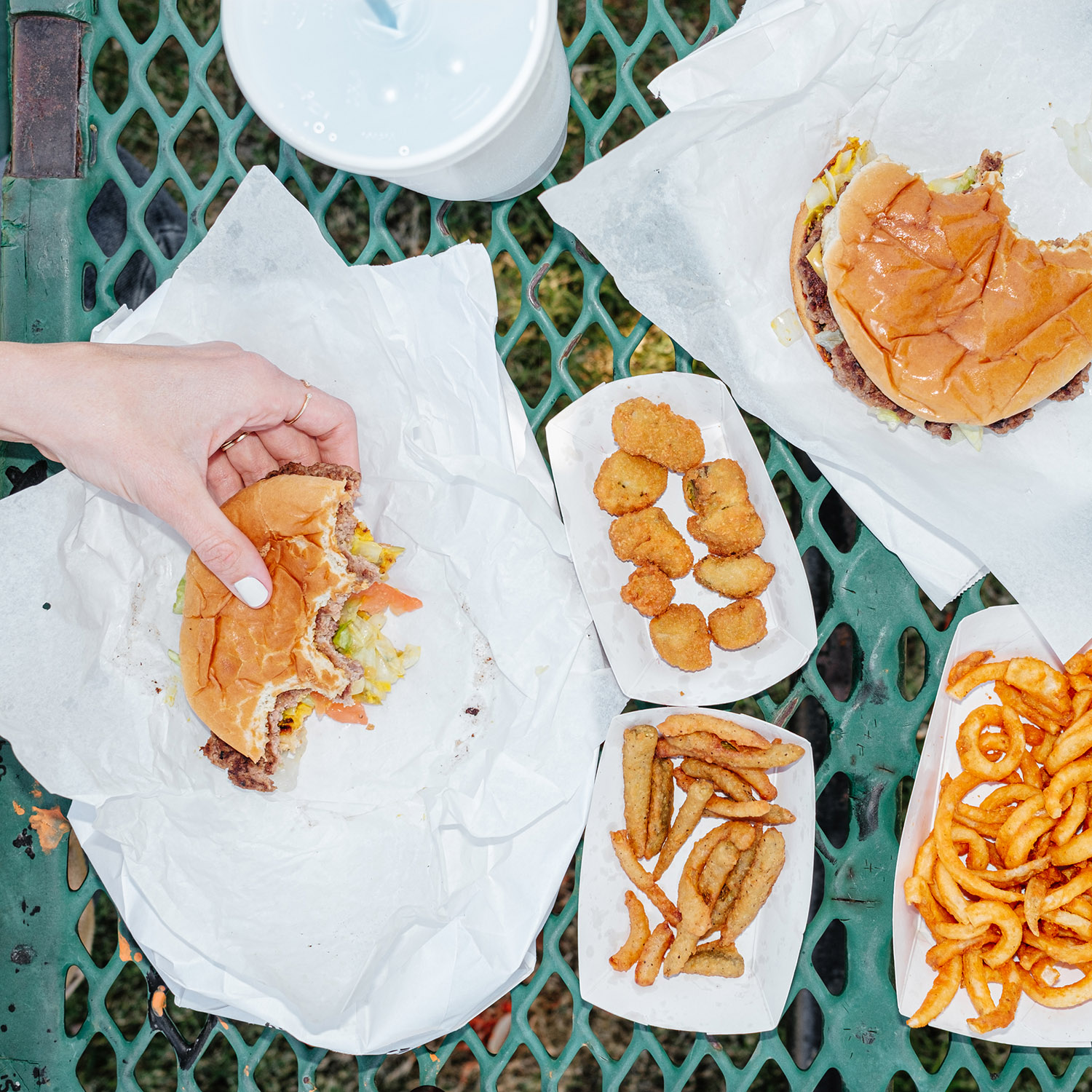 Avoid These 6 Foods—They'll Wreck Your Gut Health
Avoid These 6 Foods—They'll Wreck Your Gut HealthWhat to eat instead.
By Sarah Yang


